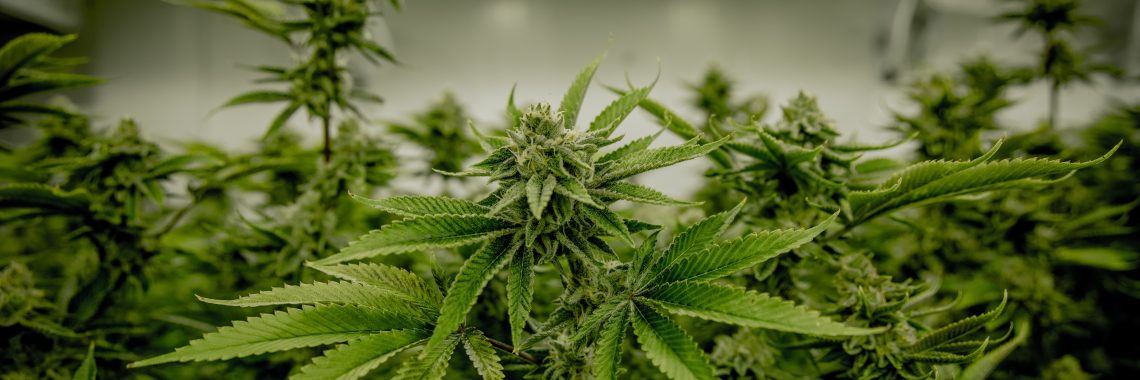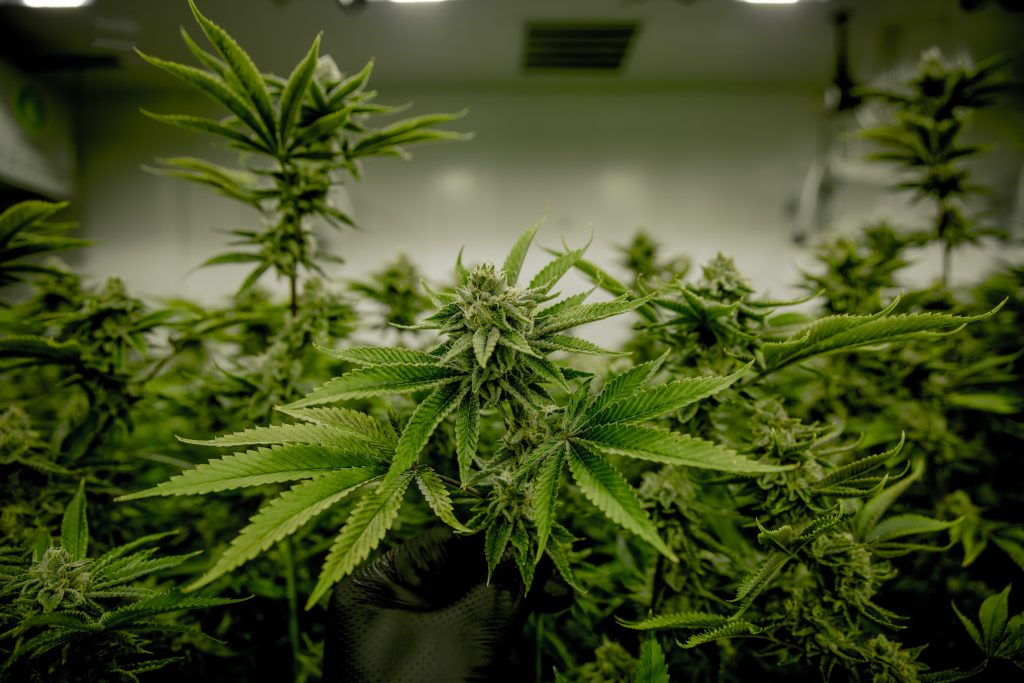Recreational Marijuana Group Spent $46K+ in December: Report

Responsible Growth Arkansas spent $46,106.50 in December, according to ethics reports filed with the State of Arkansas on Friday,
In October, Responsible Growth Arkansas filed statements with the Arkansas Ethics Commission indicating it would work to amend the Arkansas Constitution to permit recreational marijuana.
In November the group raised $1.75 million toward its recreational marijuana effort.
According to Responsible Growth’s ethics reports, in December the group spent $22,500 on management and consulting services from Mclarty Consulting in Little Rock; $22,500 on management and consulting services from Maple and Orange in Little Rock; and $1,096.50 on accounting services from Frost, PLLC in Little Rock.
Responsible Growth did not report receiving any contributions during December.
As we have said time and again, researchers have found that marijuana is unhealthy and dangerous.
Scientists have linked marijuana use with violence, psychosis, schizophrenia, depression and suicide.
A study published in the Canadian Medical Association Journal last year found adults under age 45 who frequently used marijuana were roughly twice as likely to suffer heart attack as adults who did not use marijuana.
A report published in the Journal of the American Medical Association found that states that legalized commercial marijuana sales saw self-harm rates rise by 46% among men ages 21 to 39.
Last spring a study out of California found infants were 35% more likely to die within a year of birth if their mother used marijuana heavily; the study also found that infants were more likely to be born preterm, have a low birth weight, and be small for their gestational age.
All of this underscores what we have said for years: Marijuana may be many things, but “harmless” simply is not one of them.





